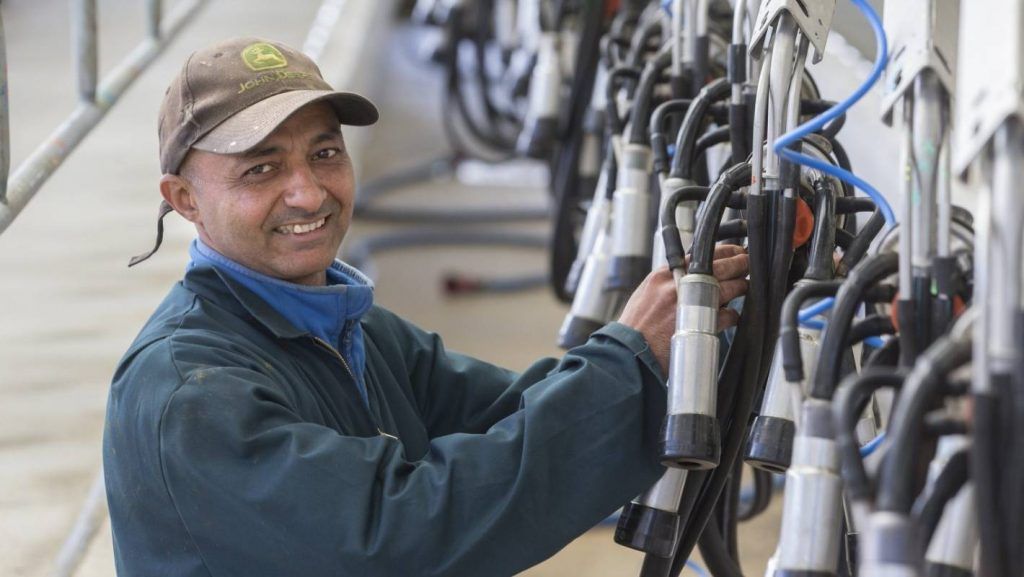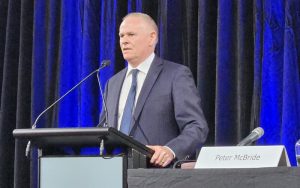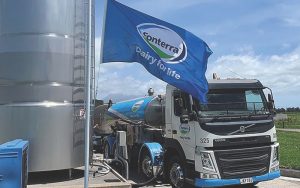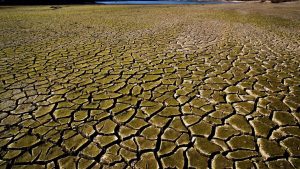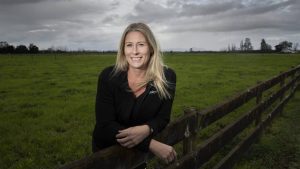
Going into calving short-staffed isn’t how Waikato’s Duncan Scott wanted to begin the new milking season.
But like many dairy farmers around the country, Scott’s without key staff who are unable to return to New Zealand because of border restrictions prompted by the international Covid-19 pandemic.
“Like other farms, we have staff of various nationalities and our herd manager is from the Philippines,” Scott said.
The herd manager has been part of the farm’s team for more than three years and his role is critical, especially at this time of the year.
“Our herd manager is in charge of the cows, day-to-day running of the herd, looking after the animals every minute of the day.
“We are coming into calving and normally he’d be checking the cows that need assistance, helping out with birthing, feeding of young stock and calves.”
Scott said he understood the current drive to employ Kiwis and he had taken on people who were previously out of work because of the economic fallout of Covid-19.
“But you also need some experienced people to lead the new staff,” he said.
He gave an analogy of what it might be like replacing the herd manager with an inexperienced person.
“If you can imagine someone turning up to Waikato Hospital to give birth and finding the midwife is an airline pilot who has been out of work for the past three weeks.
“That’s the situation we are in and that’s why we need these guys (migrant workers) back in the country.”
Scott and his six staff are milking 1200 cows across two farms south of Cambridge. They have been working extra hours to make sure they can complete daily jobs.
“Our guys worked through the alert and would normally have time off between May to June, but we’ve just had to keep going.”
Scott is working with lobby group, The Regions, asking the Government to bring migrant workers back to New Zealand.
Federated Farmers immigration and labour spokesperson Chris Lewis also farms near the Scott family in the Pukeatua district in the Waikato.
He is aware of the labour shortage but said it appeared only movie stars were allowed in the country, referring to the crew of the Avatar sequel.
“We’ve been advocating very strongly behind the scenes, to get these highly skilled migrants, who are in senior positions on a farm, back here where they are needed.
“We are saying to our members, find Kiwis who are available to work … but it’s very hard to say to someone who has lost their job in Auckland, pack up your life and shift a few 100 miles away in the middle of nowhere.”
Dairy NZ has launched a campaign called Go Dairy, to encourage more Kiwis into dairy jobs.
It estimated up to 1000 jobs were up for grabs around New Zealand dairy farms, from entry level to experienced farm managers.
Dairy NZ’s people team manager Jane Muir said the Government needed to approve border extensions for migrant workers who already have jobs in New Zealand but are offshore due to Covid-19.
“We need our skilled migrant workers who are stuck overseas to return home and our existing migrant workers currently on our farms to both do the work for this season and help the transition for Kiwi workers.”
